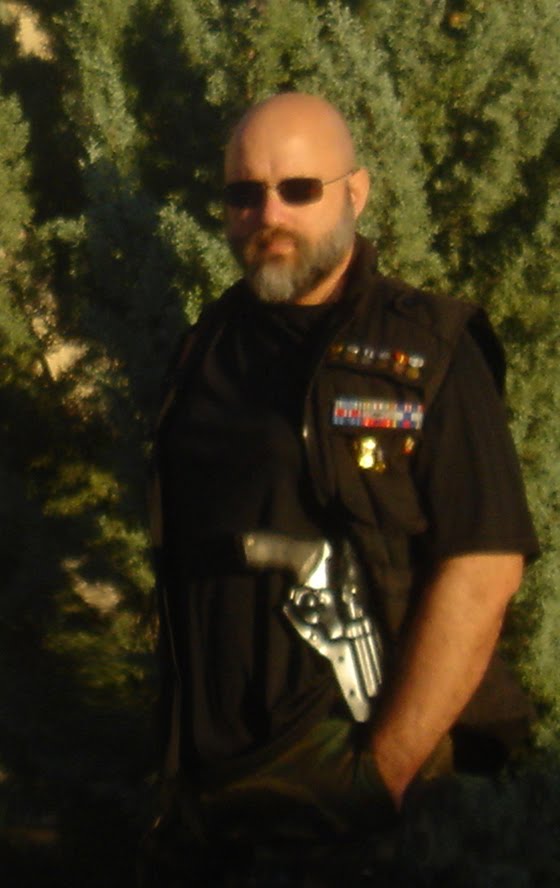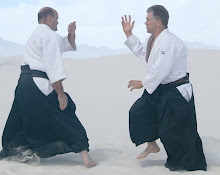I’ve got some first-hand knowledge with regard to Post Traumatic Stress Disorder. It’s always with me. I’ve dealt with the effects of it since 1993.
So, when I read about some dumb comments being made on the subject, I can’t help but call it as I see it. Not to be flippant, but the winner of today’s dumb comment drawing is: the Deputy Commandant of the Marine Corps. To be fair, I don’t know the man – and I wasn’t in San Diego for that three-day conference. I didn’t hear his whole speech. Maybe he’s really with the program. Most Marines I’ve met, are.
But, I felt it necessary to take this story on. These were very dumb comments – and they were were made during a recent, posh get-together consisting of 1,000 Marines, sailors and mental health specialists at the Town & Country Resort and Convention Center in San Diego. I’ll take these and put them in the light and perspective of someone with PTSD.
But first, some history and science: PTSD has been in the spotlight because our troops have been deployed – and deployed – and deployed again, in endless rotations to one desert or another, one crap city, town or village or another, and one mountain range or another since 2001.
Check your calendar, dear reader. While you’ve been visiting Starbucks for the last nine years, men and women in uniform have been out there making sure both you and Starbucks are here to enjoy the smell of coffee. On a more serious note, PTSD hasn’t been with us since 2001 – it’s always been with us. The cause of the disorder is thought to be chemical reactions in the human brain.
The human brain produces some of the most powerful chemical compounds on the face of the planet. We are each a pharmacy of “Dr. Feel-Good” medications. The trouble occurs when the brain notices something really bad is happening. In that momentary flash, brain chemistry kicks into high gear, and the result is a “remapping” of brain structure or operation. There are opinions that suggest major reconfiguration of thought processes due to these very real and very physical changes. The brain does this so that the next time such an event happens to you, you are "hard-wired" to respond. Study in fields such as neuroendocrinology and neuroanatomy and genetics have all been brought to bear on the disorder. But basically, the disorder has been with us, since the first tiger chased the first of our monkey ancestors across a field.
And unfortunately, it has happened to military folks through every conflict in history. It has been recorded since the 6th century BC, when an Athenian soldier suffered no external injury but became blind after witnessing the death of a friend. The names people have given it, perhaps reflect the times. In recent history it has been known as exhaustion, neurasthenia, war neurosis, shell shock, battle fatigue and combat fatigue. New names have not changed the thing itself - they only make the doctors and other professionals in society feel smarter.
And so, we come back to San Diego. Because it was there that Lt. Gen. Richard Zilmer, the Deputy Commandant of the Marine Corps, said, “We are at the point where we need to take action.”
Yeah baby. We’re there. We weren’t there nine years ago – and we weren’t there after Kosovo or Somalia or Panama, Vietnam, Korea, WWII or WWI, or all the other military engagements troops have been involved with. But, we’re there now. Oh good. I thought we’d never get “there.”
We are there because the general is sitting with a big smile on his face behind a white-draped table at the Town and Country Resort. We are there because the Marines are seeing a suicide rate which surpasses all the other services – almost doubled since 2006. And of course we’re there, because the words “at the point” and “take action” sound good in a speech - and make you feel all warm, squishy, safe and smart.
But the truth is, we are very far from “there.”
And apparently, this point has not been overlooked by the general, because also part of his speech was the following statement: “We are not satisfied with the results we are seeing.” And of course, his capper to that statement "commanders can point to no single factor." The general also explained that the military is such a loving and understanding place, that “there are men and women in their ranks who have sought and received help for post-traumatic stress disorder – and have been able to rejoin their units and win promotion.” Yeah – it’s ok. Don’t worry, be happy.
I know of instances where that statement has been true. I also know that during my time in the service, if you had a problem, the last place you wanted to be was in a military doctor’s office, talking about your woes, because it would make people you work with, not want to work with you. It might cause your flight status or deployment status or other very important things to be revoked. It might end you up in some dead-end job in a forgotten corner of the world. And it might cause you to be given your walking papers - a medical discharge. But again, to be fair to the general, the military is trying very hard to get a handle on this thing. Of course, dear reader, you’re fooling yourself to think they are any closer to solving it. You can stoke yourself on anti-depressants and seratonin re-uptake inhibitors and drugs that affect dopamine. You can pop sleeping pills until your head swims, you can try prayer – and that one might be your best hope – you can sit in a circle, hold hands and sing kumbaya or cry on each other's shoulders, you can sit in an auditorium and listen to the VA give you a two-hour, droning bullshit “orientation.” You can do the Tai Chi dance in the garden, go in for an experimental treatment like the stellate ganglion block or the ecstasy trials, or you can even let them drill holes in your head and give you a boost to end all boosts.
But in the end, wherever you go, that’s where you are. There’s no easy answer – and no amount of late-night programming, drinking, eating or farting; blogging, reading or zoning-out to the endless scroll of twitter, will ever make it easier to turn out the light. No one will be there in your dreams to help you when the ghosts come. Nothing will tamp down that almost itchy feeling you get in crowds. Nothing will stop the memories from crowding out your waking thoughts. Nothing will stop the anxiety and the incessant feeling like you’re forgetting something important – like you have to do something right now, or you have to watch those high windows, those shadowed places or the fidgeting scumbag in the market for suspicious movement. Nothing will stop the surges of adrenaline in response to fireworks, a dropped object or a too-familiar smell.
And of course, nothing will stop them from re-naming this condition. At least they accomplished that one thing at the conference in San Diego.
They’re calling it “Moral Injury.”
------------
For your reference: http://www.nctimes.com/news/local/military/article_3dc03ec3-6a37-5608-8563-aca88f635271.html
For your reference: http://www.nctimes.com/news/local/military/article_3dc03ec3-6a37-5608-8563-aca88f635271.html


















What a post. thanks for the education.
ReplyDeleteAwww only u could understand
ReplyDeleteThank you for sharing and explaining! I think the only way I could understand though is to walk in your boots, and since that's not possilbe, this is the next best thing?
ReplyDelete